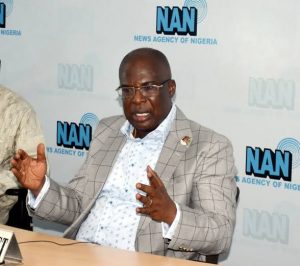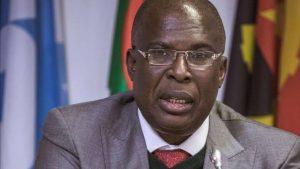Business
Petrol Subsidy Will Be Removed After Buhari Signs PIB, Says Petroleum Minister
Timipre Sylva, minister of state for petroleum resources, says petrol subsidy will be removed after President Muhammadu Buhari signs the Petroleum Industry Bill (PIB) into law.
The senate passed the PIB on July 1.
Sylva said this yesterday in Abuja at a media briefing to mark Nigeria/Organisation of Petroleum Exporting Countries (OPEC): 50 Years of Partnership.
Nigeria joined OPEC on July 12, 1971.
According to Sylva, the removal of petrol subsidy is in the best interest of Nigeria, especially as the PIB has no provision for subsidy.
“This (subsidy removal) is desirable for the interest and growth of Nigeria. Of course, everybody will have their perspectives, but from where I sit, I believe that subsidy removal is the best thing for Nigeria, not just the industry,” he said.
“So far, the discussions with stakeholders are still ongoing. But I will also bring it to your attention that today, when the President assents to the PIB, subsidy will become a matter of law, because it is already in the PIB that petroleum products will be sold at market determined prices.
“The removal of subsidy has the potential of unlocking a lot more funds for deployment to development. Unfortunately, what we are doing by way of subsidy is like cutting our nose to spite our face.”
Sylva noted that the federal government would soon commence the rehabilitation of the Warri and Kaduna refineries in order to increase domestic refining of petrol and to cushion the impact of subsidy removal.
He said the OPEC quota given to Nigeria for crude oil production in June was 1.554 million barrels per day, adding that the quota system had helped in balancing oil prices globally.














